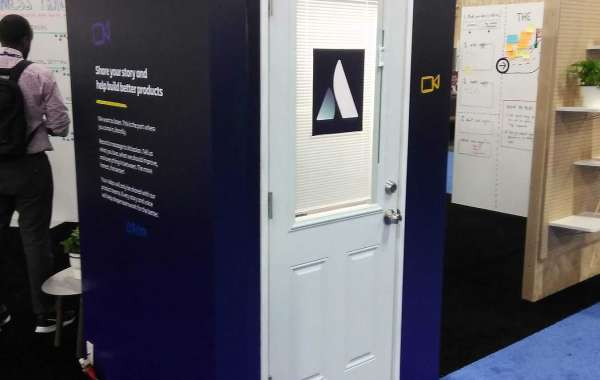How Forced Air Heating Systems Operate
Understanding how a forced air heating system works can help you appreciate its reliability. When your thermostat senses a drop in indoor temperature, it signals the system to begin heating. The forced hot air heater pulls in cool air through return ducts, warms it using a heat exchanger, and then blows the heated air through supply ducts into each room.
This continuous cycle ensures quick temperature adjustments and a cozy atmosphere throughout your home. Smart thermostats further enhance this system, allowing you to control heating schedules or make adjustments remotely—saving energy and boosting comfort.
Advantages of a Forced Hot Air Heater
Choosing a forced hot air heating system comes with several key benefits:
1. Efficient Heating Performance
Forced air systems are engineered for rapid heat delivery, meaning less time waiting for your home to warm up—and lower energy consumption.
2. Even Temperature Control
With warm air evenly distributed across all rooms, forced hot air heaters eliminate cold spots and maintain a steady indoor climate.
3. Air Quality Improvement
Many systems are equipped with advanced filters that trap dust, allergens, and other particles, promoting cleaner indoor air.
4. Humidity Balance
These systems help regulate indoor humidity levels, preventing your air from becoming overly dry or damp during winter.
5. Budget-Friendly Solution
In comparison to radiant or boiler-based heating systems, forced air heating is typically less expensive to install and offers long-term energy savings.
Comparing Forced Air Heating to Other Methods
When selecting a heating method, it’s essential to weigh your options. Here's how forced hot air heating systems measure up:





